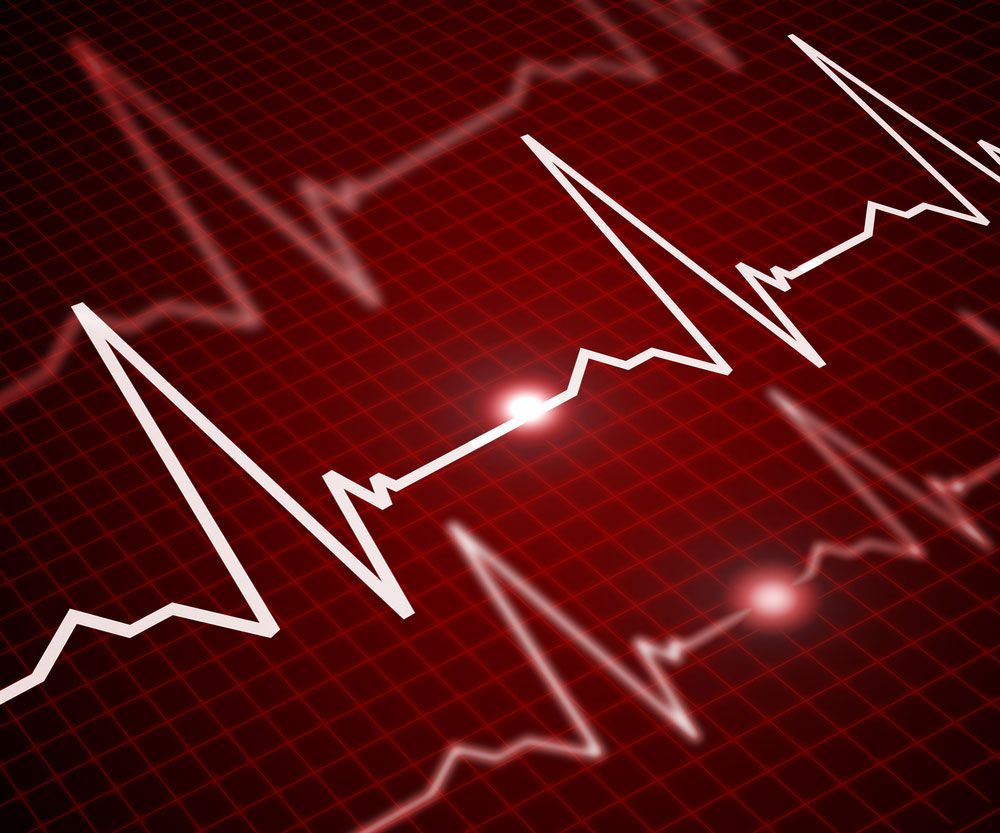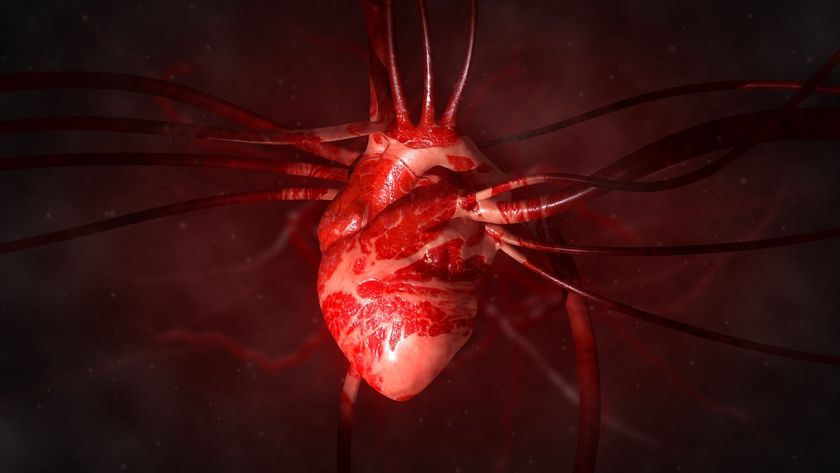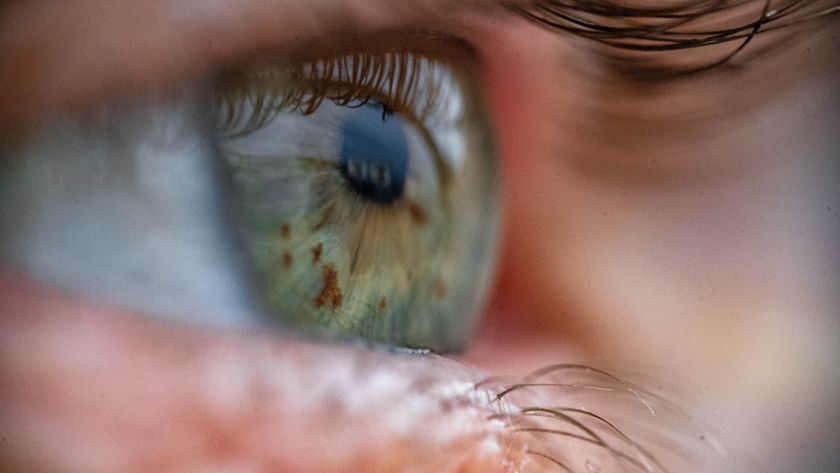Sex After a Heart Attack? Here's How and When

Doctors should counsel patients who've had heart attacks or strokes about when and how to safely resume sex, new guidelines say.
The recommendations are the first to provide specific details regarding how to safely have sex after a heart attack, and include guidance on sexual positions along with suggestions for activities patients can engage in if they aren't ready for the physical exertion of sexual intercourse.
Doctors should also discuss the health risks of extramarital affairs, which have been shown to increase the risk of dying from heart problems, according to the guidelines from the American Heart Association and European Society of Cardiology.
After a heart attack or stroke, many patients have concerns that sex will trigger another heart problem. While previous guidelines discuss how long patients should wait to have sex after a heart attack, patients often have more specific questions about the types of sexual activities that are safe. "This is really what patients are asking," said Elaine Steinke, a professor of nursing at Wichita State University in Kansas, who helped write the guidelines.
All patients who've had a heart attack, heart transplant, stroke or other heart condition, or who received an implanted heart device, should undergo some type of sex counseling, the guidelines say.
Although doctors and other health care providers may be a little embarrassed to discuss such details with their patients, this is not an excuse for withholding information.
"We deal with the intimate parts of the body in many ways as health care providers," Steinke said. "Those who want information are very much relived that the health care provider has brought up this topic."
Sign up for the Live Science daily newsletter now
Get the world’s most fascinating discoveries delivered straight to your inbox.
Sex after a heart attack
The advice a patient receives will differ depending on their particular condition and needs.
Heart attack patients who have no complications, and who don't experience chest pain or other symptoms when they walk briskly or engage in other moderate physical activity, can typically engage in sexual activity after one week.
Those who've had coronary artery bypass surgery can generally safely resume sexual activity after six to eight weeks if their incision is fully healed, the guidelines say.
If it's unclear whether a patient is healthy enough for sexual activity, they may need to undergo an exercise stress test, which involves walking on a treadmill to test how much the heart can handle.
Patients should resume sexual activity gradually, and consider starting with activities such as hugging and kissing or sexual touching before engaging in intercourse, Steinke said. This may enable patients to build confidence and assess their tolerance for sexual activity, the guidelines say.
Those who experience chest pain or other symptoms during sex should report them to their doctor.
Although sexual intercourse raises the risk of a heart attack, the overall risk for patients is quite low. Among those who've had heart attacks, less than 1 percent happen during sex.
Safe sex positions
During sex, patients should be encouraged to assume their usual sexual positions, or one that is comfortable. Those who've had coronary artery bypass surgery are recommended to avoid being "on top" as this may require more exertion, and to use pillows for support if needed, the guidelines say.
Having an affair, or having sex in an unfamiliar environment, may be a cause of stress for the patient, Steinke said. "This is not the time to be having sex with a new partner, [or] in a hotel room," Steinke said.
Conversations about sexual activity should start before a patient leaves the hospital, and continue throughout the rehabilitation process. Because the patient's partners often have concerns as well, they should be included in sex counseling, the guidelines say.
"It's not just a one-time conversation," Steinke said.
The guidelines are published today (July 29) in the journals Circulation and European Heart Journal.
Follow Rachael Rettner @RachaelRettner. Follow LiveScience @livescience, Facebook & Google+. Original article on LiveScience.com.

Rachael is a Live Science contributor, and was a former channel editor and senior writer for Live Science between 2010 and 2022. She has a master's degree in journalism from New York University's Science, Health and Environmental Reporting Program. She also holds a B.S. in molecular biology and an M.S. in biology from the University of California, San Diego. Her work has appeared in Scienceline, The Washington Post and Scientific American.











